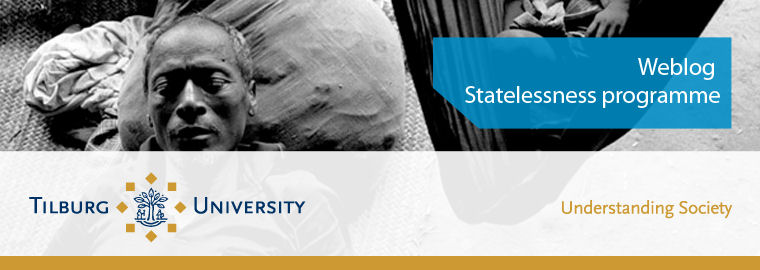The 3rd Eastern Regional Session of the European Youth
Parliament Sweden (EYP Sweden) took place in Stockholm on 22- 24 of November
2013.
This year EYP Sweden was organising a round of
Regional Sessions across Sweden. One of them was the 3rd Eastern Regional Session
that I had the honour to preside. This session stood out among the others first
and foremost due to its theme: “The Right to Human Rights”. The situation of
Syrian Refugees, LGBTI rights, gender violence, human trafficking in the EU and
other topics were discussed during the session. Moreover, it was the first time
when the topic of statelessness was put forward for discussions at an EYP
event. In particular, the Committee on civil liberties, justice, and home
affairs I (LIBE I) were confronted with the following question: “There is a
nearly universal ratification by EU Member States of the 1954 Statelessness
Convention relating to the status of stateless persons (Estonia, Cyprus, Malta
and Poland are yet to sign it). Despite this, there remain an estimated 700,000
stateless persons living in Europe today. Only a handful of European States
have functioning statelessness determination procedures in place, thus
implementing their obligations. What steps should the EU take to improve the
protection of stateless persons in Europe?”
The LIBE I Committee has
suggested the following responses to the question above. The Committee
emphasised the importance of raising awareness about statelessness in Europe
through, among others, informative courses on statelessness as part of school
programmes (for example, social science and history classes in educational curricula
offered to high school students within EU Member States) and through the
implementation of awareness campaigns via the use of social media and public
debating. The Committee members also supported the establishment of NGOs with a
specific focus on statelessness through the provision of respective financial
and human resources on behalf of the EU.
Furthermore, Swedish youth
called for a detailed analysis of the existing statelessness determination
procedures with the aim of identifying the best practices and the potential of
their further application in other EU Member States. Another issue discussed, but not mentioned in the
Resolution was the issue of questioning the existing Conventions on
statelessness, as well as the European Convention on Nationality. Committee members
even discussed the idea of adopting a new European Convention that would solely
focus on statelessness in Europe.
As a Member of the EYP and a PhD student with a focus
on statelessness, I am very pleased with the outcome of the session, in
particular with the fact that the issue of statelessness in Europe was raised,
especially taking into consideration the launch of a pan-European campaign by
the European Network on Statelessness to improve the protection of stateless
persons in Europe in October this year. Hopefully, the topic of statelessness
will be included into the agenda of more events of the European Youth
Parliament in the future.
To see the full Resolution Booklet, please click here.
Valeriia Cherednichenko, PhD Researcher in Advanced Studies in Human Rights at Charles III University of Madrid, Spain



No comments:
Post a Comment